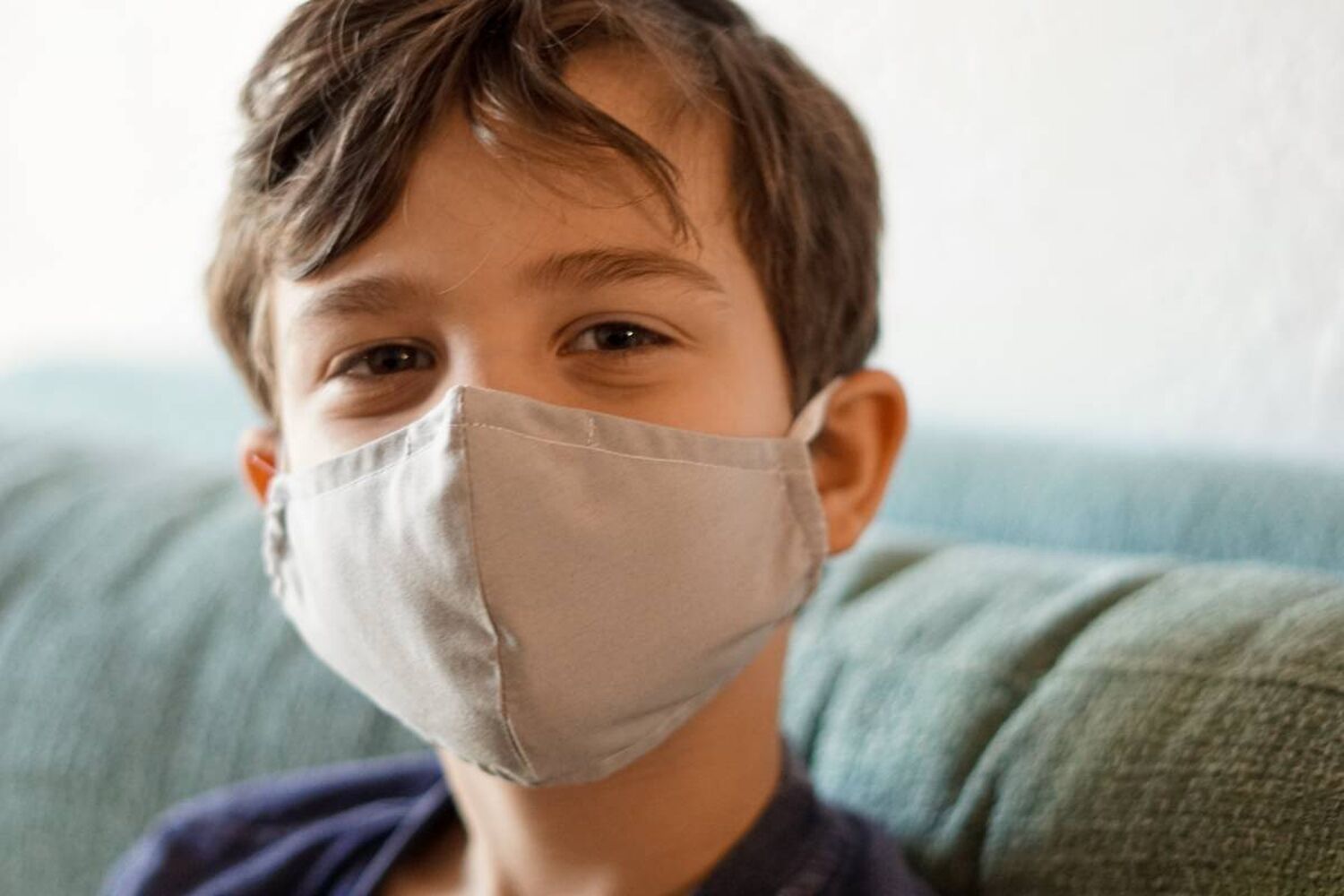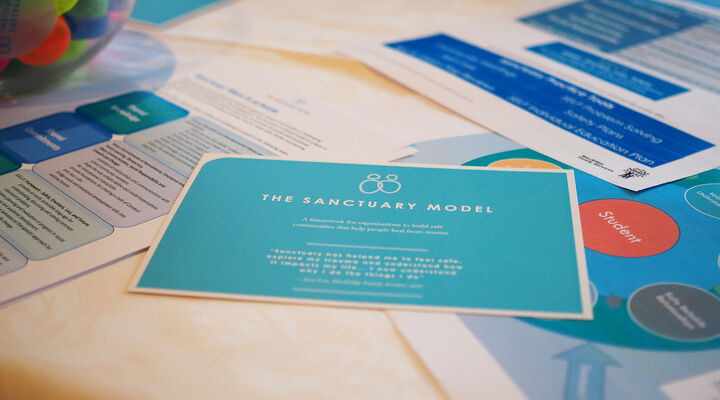Most of us have struggled these last eighteen months given the scale of change, uncertainty and loss associated with a worldwide epidemic.
Managing fears around COVID-19, daily reports of infections and deaths, vaccinations, job insecurity, endless media speculation and online misinformation, on top of a series of social restrictions and lockdowns, have taken a toll on the wellbeing of many adults. We are also gaining a clearer picture of the continuing impacts of this pandemic on the mental health of our children and young people, who often don’t have the resources, support or life experience to help them cope with the demands of remote learning, social isolation, safety concerns, stressed parents and the like.
The MacKillop Institute has partnered with Professor Anne Graham AO, Director of the Centre for Children and Young People at Southern Cross University to develop an evidence-informed learning resource to support children and young people to understand and manage the social and emotional impact of the pandemic.
This free resource, “Seasons Toolkit: Riding the Waves of Change” is available for all middle and secondary schools in Australia. It draws on key elements of the highly successful Seasons for Growth evidence-based psycho-social education programs which support children and young people to learn about and adapt to change and loss in their lives. A version for primary students is also being developed and will soon be available.
Fiona McCallum, Seasons for Growth General Manager, says the resource was developed after hearing concerns from parents and educators about the impacts of the disruptions to routines, education and social contact for children and young people’s mental health and wellbeing. Recent international research suggests that 85 per cent of parents have reported changes in their children during the COVID-19 lockdown.” [1]
“The last 18 months has been challenging for many school communities with the devastating impacts of bushfires and floods and the additional uncertainty and complexity with the COVID-19 pandemic.
“The experience of the pandemic has been unprecedented and the changes and uncertainty have been ongoing for children, young people and adults alike. Everyone’s experiences have been different, however we have all been required to adapt to the changes and we will need to continue to do so for some time to come.
Ms McCallum adds, “We also know that young people are more likely to adapt well given timely and appropriate information and support. In the past 12 months we have trained over 1,400 teachers and professionals across Australian schools in our Seasons for Growth suite of evidence-based change and loss programs. These teaching professionals frequently report the value of the training and understanding the experience of significant change and loss for children and young people.”
Anne Graham AO, a Professor of Childhood Studies has dedicated her professional career to research and developing evidence-based programs to support children’s rights, safety and wellbeing with a particular specialization in building emotional wellbeing and resilience for children and young people following major life events.
“Children were not the main focus of concern in the first wave of the pandemic and little attention was paid to the ways it was impacting their lives. With the second wave, we now have growing evidence internationally about the social and emotional impacts on children and young people. Putting this together with recent research on experiences of natural disasters, and many years of working with children in the Seasons for Growth programs, we have a much better understanding of the knowledge and skills they need to help them live with uncertainty and adapt to experiences of change, loss and grief.
“The reality is that children’s voices still often go unheard in the midst of major family and community trauma,” added Professor Graham. “Whilst every young person’s experience will be slightly different, we know that many need appropriate information and support to make sense of their emotions when they are ready to do so. The most important thing we can do is acknowledge their reactions and equip them with the confidence and skills to voice their experiences, manage their feelings, make good choices, set goals and reach out for support. This is the essence of resilience and skills they need for life.”
This free resource is available at The MacKillop Institute website. The Toolkit has been created as an animated video file to help ensure it can be readily used by teachers and students in a classroom or online setting, and shared with parents and carers for home viewing.
-ends-
Notes to Editor
- Teachers, parents or carers can register here to access the free Toolkit.
- Over the last 25 years, Seasons for Growth programs have expanded to meet the increasing needs of communities in Australia and internationally.
- Seasons for Growth programs have supported more than 350,000 children, young people and adults in Australia, New Zealand, Singapore, Scotland, Ireland, England and Wales.
- To find out more, visit mackillopinstitute.org.au
For further information, or to arrange an interview, contact: Angela Mallon, Media & Communications Coordinator T: (03) 8687 7414 M: 0438 076 313 E: angela.mallon@mackillop.org.au
[1] Psychological effects of the COVID-19 lockdown on children and families in the UK





